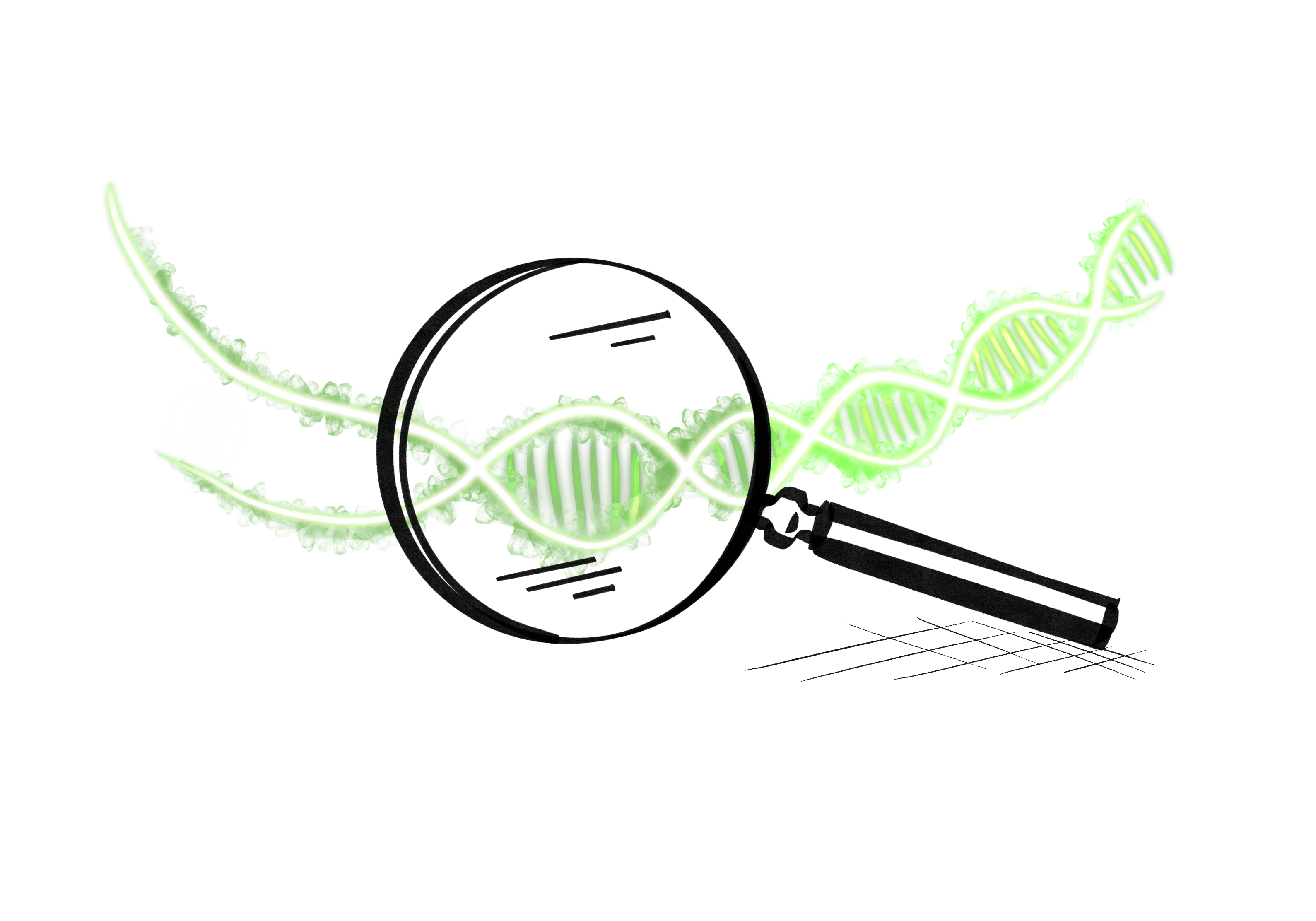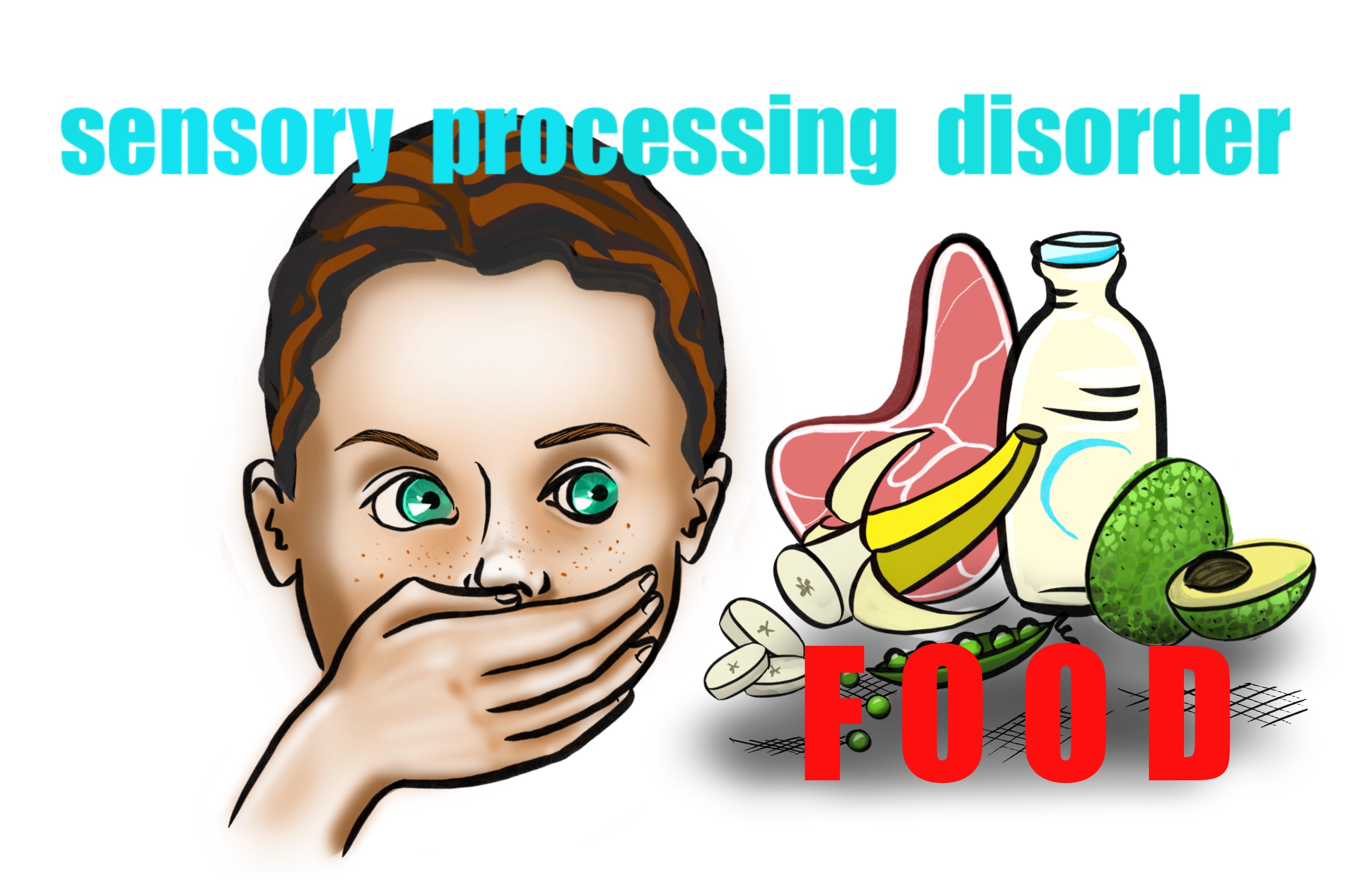The Importance of Early Diagnosis for Prader-Willi Syndrome (PWS)
Prader-Willi Syndrome (PWS) is a rare genetic disorder that affects the appetite and metabolism of individuals. Early diagnosis is crucial for managing the symptoms of PWS and preventing or delaying complications associated with the disorder. In this article, we will discuss the importance of early diagnosis and how it can improve outcomes for individuals with PWS.
Symptoms of Prader-Willi Syndrome
The symptoms of PWS can vary from person to person, but the most prominent feature is hyperphagia, which is an uncontrollable urge to eat. Other symptoms may include poor muscle tone, delayed development, behavioral problems, and intellectual disabilities. Due to the complex nature of PWS, a multidisciplinary team of healthcare professionals is often needed to manage the condition.
Diagnosis of Prader-Willi Syndrome
There are two main types of tests used to diagnose PWS: fluorescence in situ hybridization (FISH) and methylation laboratory tests. FISH is a genetic test that examines the number and location of specific genes on chromosome 15. Methylation laboratory tests look at changes in the DNA that affect gene expression. If the FISH test comes back negative, it does not necessarily mean that PWS has been excluded. The methylation test is a more extended and accurate test, and it can still diagnose PWS even if the FISH test is negative.
Dietary Intervention for Prader-Willi Syndrome
One of the most critical aspects of early management for individuals with PWS is dietary intervention. Individuals with PWS have a constant feeling of hunger, and if left unmanaged, they may develop severe obesity and related health problems, such as type 2 diabetes, cardiovascular disease, and sleep apnea. A balanced and controlled diet can help manage hunger and reduce the risk of these complications. With early diagnosis, dietary intervention can be started as soon as possible, allowing for the best possible outcome.
Growth Hormone Therapy for Prader-Willi Syndrome
Growth hormone therapy is another important aspect of early management for individuals with PWS. Growth hormone therapy can help improve muscle mass, reduce body fat, and increase bone density. It can also improve cognitive function and behavior in children with PWS. Starting growth hormone therapy at an early age can maximize the benefits of the treatment.
Behavioral and Developmental Issues in Prader-Willi Syndrome
Early diagnosis also allows for proper management of the behavioral and developmental issues associated with PWS. Children with PWS may have developmental delays, learning difficulties, and behavioral problems, such as hyperactivity, aggression, and obsessive-compulsive behaviors. Early diagnosis allows for the appropriate management of these issues, such as speech and occupational therapy, special education, and behavior modification programs.
Conclusion
In conclusion, early diagnosis of PWS is crucial for prompt management and treatment. Starting a balanced and controlled diet, growth hormone therapy, and managing the behavioral and developmental issues associated with PWS can improve outcomes and prevent or delay complications. Early intervention is crucial for individuals with PWS, and if PWS is suspected, it is essential to seek medical attention promptly to confirm or exclude the diagnosis. Starting growth hormone therapy early is one of the most important factors in early diagnosis, as it can maximize the benefits of the treatment.







